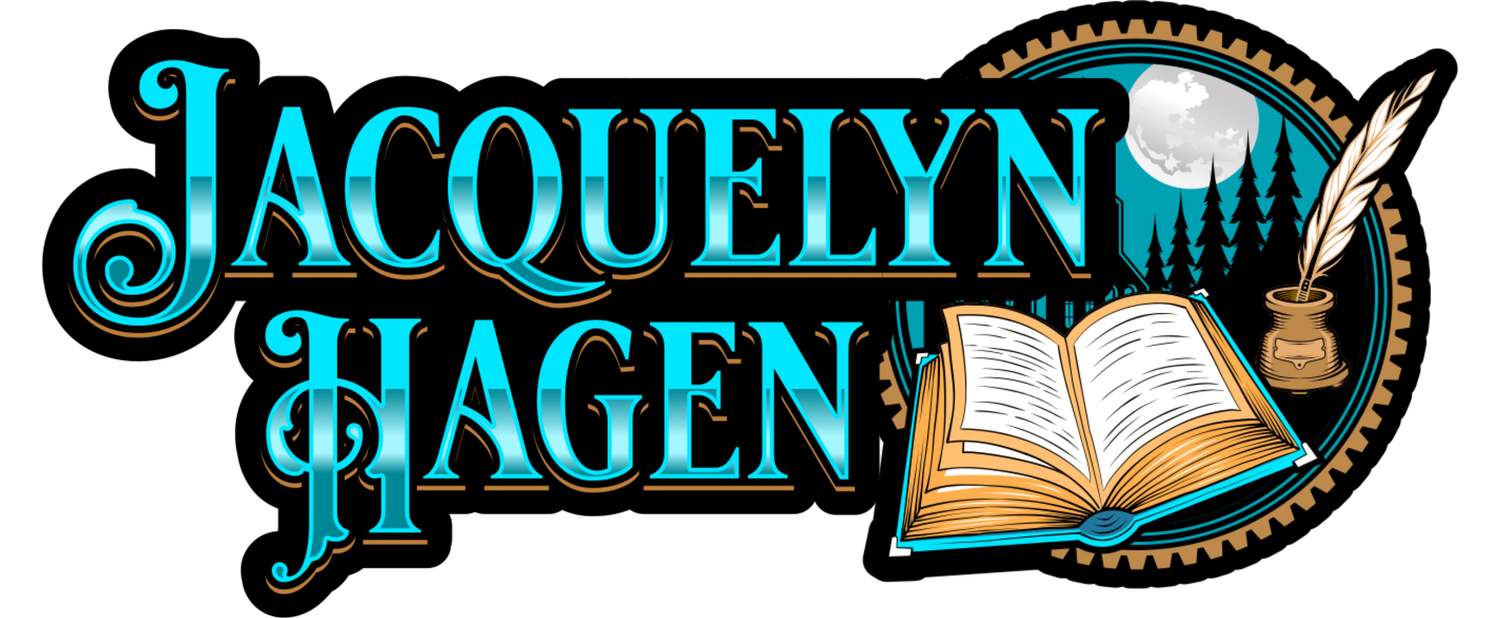In Praise of the Slow Story
Last week, I posted the following on Twitter/X: “Today, I realized that three of my most favorite movies of all time (The New World, Master and Commander, and Alien) are often criticized for being too slow. Hello, my name is Jacquelyn Hagen and I'm a lover of slow stories.”
I want to expand on that a bit here.
I love a story that takes its time. It’s the equivalent of someone sitting across from you, looking you in the eye, and fully investing themselves in an engaging, two-way conversation. This is not a story that just chatters away at you. Nor is it obsessed with the minutiae of every detail. A story that is deliberate and thoughtful in its pacing invites you to listen but also to participate—to think and to ask questions.
This isn’t popular. Most people don’t even take the time in real life to establish and develop this kind of connection with other people. They are much more interested in talking at you, and then moving on to the next thing as quickly as possible. As a result, a lot of our modern stories are written this way. Hugely popular ones, in fact.
And soulless, I say.
The best stories draw you in with measured intention, like a strain of music or a scent on the air, building its atmosphere and introducing its characters with an intrigue that entices rather than seizes you by force. As a result, you are far more invested in the story, the world, the characters. Everything seems to matter so much more, and every choice, every action, every twist and turn feels so much more earned.
Now, this is not to say there should never be any action or change of pace. But I can’t tell you how many recent movies I’ve seen and books I’ve read where I wanted nothing more than for the story to just . . . slow . . . down. One of the worst side effects of speedy storytelling is indifference on the part of the one experiencing it. You can be the slickest superhero or vampire hunter in town, but if you’re concerned mainly with aesthetics (looking cool) and glib, lightning-fast dialogue (sounding cool), then we only have a superficial relationship, and I don’t really care about you.
We have been conditioned away from slowness, stillness, and silence. There is no shortage of evidence for it. No shortage of reasons. We want results now. We want instant gratification. Convenience. Everything explained to us, fed to us. We want no open-ended mystery. We must have constant stimulation—and the shorter the better, so we can quickly move on to the next thing. And so, we get stories built on sand. Not stone.
Granted, slowing down the pace comes with risk, not least of all because it means more work. Writers must be much more careful. Every word has to count. Every scene must have purpose. There must always be a sense of forward motion rather than stagnation. A recent example of a failed attempt at this is the Star Wars series Ahsoka—incorporating the slow pace, but dropping the ball on the “careful writing” part. Still, I applaud them for trying. (There is a hugely popular fantasy author who falls victim to this as well, but I’ll hold my peace on that).
If you’ve read The Riverfall Chronicles, it’s probably quite obvious how deeply I feel about this, how seriously I take it, and how hard I try to build a foundation of stone that will last. One of the most common positive remarks I receive about the books is how much the characters feel like family and the world feels like home. This is exactly because of the slower pace, that breathing room to give the readers the space to feel, to contemplate, to wonder, to learn. For me, there is no higher praise.
For most of us, patience takes practice. But if we’re willing to try, to decondition ourselves a bit from the breakneck speed of modern storytelling, I believe we can benefit from the deeper, richer experience of slower stories. For me, these are the ones that take hold of my heart and don’t easily let go, if ever.
